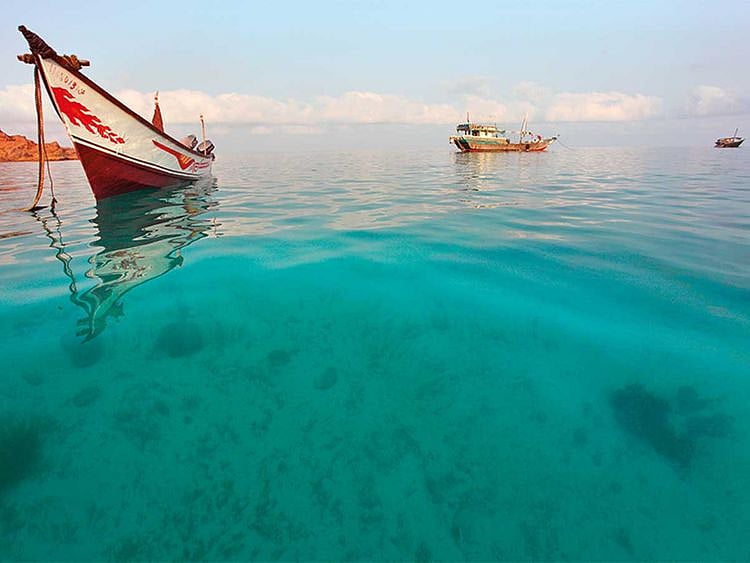Inhabiting an arid desert landscape has not stopped the UAE from flourishing into a global business hub, an economic powerhouse and top tourist destination. Each generation experiences a better quality of life, as the country continues to progress rapidly, and our leadership drives the way forward into a new decade.
But as ice sheets and glaciers melt at unprecedented rates and global warming spurs erratic weather patterns, the UAE will grow more susceptible to the damaging repercussions of climate change. From water scarcity and increased salinity in our seas to impacted communities living in the UAE’s coastal areas, there is much at stake for our nation.
There are two key strategies to tackle climate change - mitigation and adaptation.
Counter on two fronts
Climate change mitigation, which entails reducing the emissions of greenhouse gases into the atmosphere, is critical. On a practical level, this could mean introducing new renewable energy sources or promoting a circular economy through waste recovery and recycling.
To restore environmental health, we must start designing and implementing more sustainable methods of economic development. And this is something our leaders are both mindful of and acting on.
The government has set unified targets under the UAE Energy Strategy to increase the contribution of clean and renewable energy in the total mix from 25 per cent to 50 per cent by 2050, and to reduce the country’s carbon footprint of power generation by 70 per cent.
Pitching in
Meanwhile, private sector players are fuelling a clean energy revolution. For example, we launched the Emirates Waste-to-Energy (EWTE) company in partnership with Masdar two years ago. Our joint initiative is set to launch its first Waste-to-Energy facility to divert more than 300,000 tonnes of solid municipal waste from landfills each year and produce about 30MW of energy to power up to 28,000 homes on completion in 2021.
The EWTE Sharjah facility marks the final piece of an integrated end-to-end waste management system for Sharjah, enabling the emirate to achieve zero waste-to-landfill targets by 2021 and to become the environmental capital of the Middle East. Through Bee’ah, Sharjah has achieved a landfill diversion rate of 76 percent.
Essentially, this translates to three-quarters of waste being recovered, recycled and reused. These efforts directly stimulate a much-needed circular economy.
Circular motion
A circular economy is significant for the environment, according to a 2019 report from the Ellen MacArthur Foundation, because it lets natural resources and systems regenerate. The report states that a circular economy framework in steel, plastic, aluminium, cement and food could achieve a reduction of 9.3 billion tonnes of greenhouse gases in 2050.
In climate change adaptation, the idea is to improve resilience to the harmful effects of climate change such as food security and extreme weather conditions. Common adaptation measures include building sea walls or elevating infrastructure, introducing genetically modified agriculture that is drought-tolerant or even cloud-seeding.
At the recent 25th Conference of the Parties (COP25) to the UN Framework Convention on Climate Change, UAE Minister of Climate Change and Environment Dr. Thani bin Ahmed Al Zeyoudi shared more about the benefits of expanding into sectors like clean energy and green buildings as adaptation strategies that also generate economic returns.
Sustainability concepts and climate change have in the past decade become a mainstream public concern, and it starts with awareness. Led by the UAE, the region is slowing starting to recognise both the environmental benefits and economic gains of becoming more sustainable across industries.
Climate change is a complex issue, and there is no one-size-fits-all solution. It requires multilateral collaboration and commitment from all segments of society, because climate change will impact all of us – countries in the eastern and western hemisphere, young and old, rich and poor.
- Salim Al Owais is Chairman of Bee’ah.
Sign up for the Daily Briefing
Get the latest news and updates straight to your inbox
Network Links
GN StoreDownload our app
© Al Nisr Publishing LLC 2026. All rights reserved.
